Biochar VS Charcoal: Which Is Better?
Although biochar and charcoal are both renewable and environmentally friendly carbonization products, they are different in some aspects. It’s not easy to say which one is better, they all depend on the specific use.
Differences in raw materials
Charcoal is primarily made from wood, often a specific species of hardwood. Different types of wood will affect the final quality of machine-made charcoal due to their different carbon content, fiber structure, and resin content.
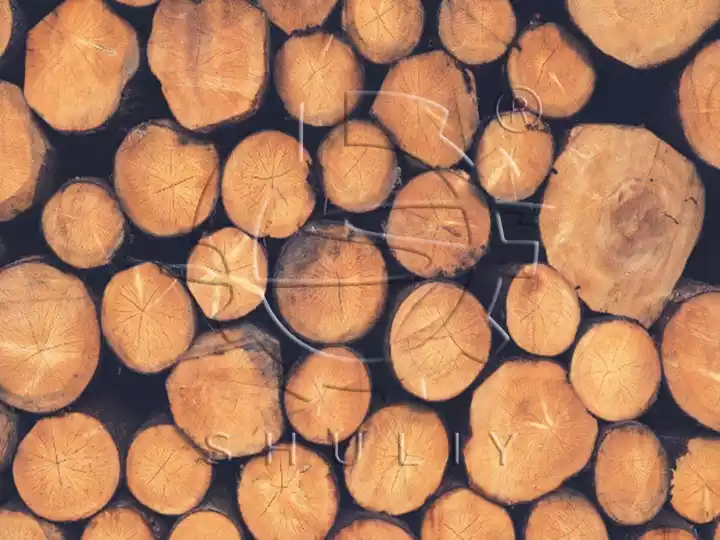
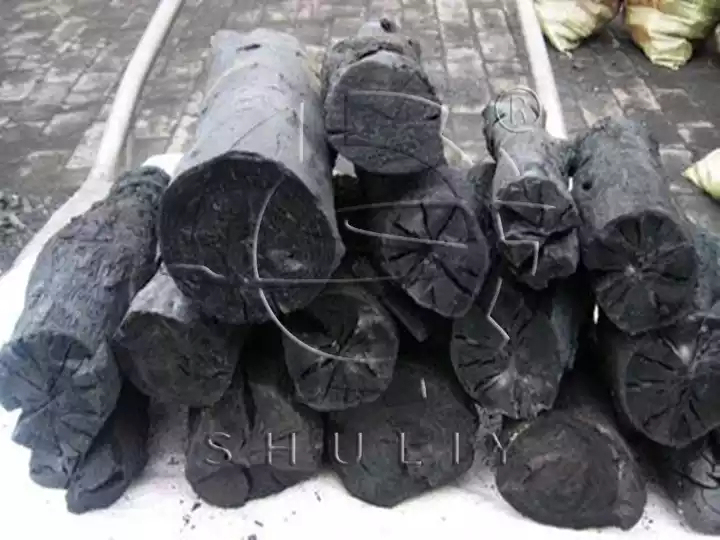
Biochar has a wider range of raw materials, and almost any biomass can be used as raw material, not only wood but also agricultural or forestry waste. For example, corn stalks, rice husks, sugarcane bagasse sawdust, coconut shells, palm shells, etc. It can also be some municipal garbage, etc.
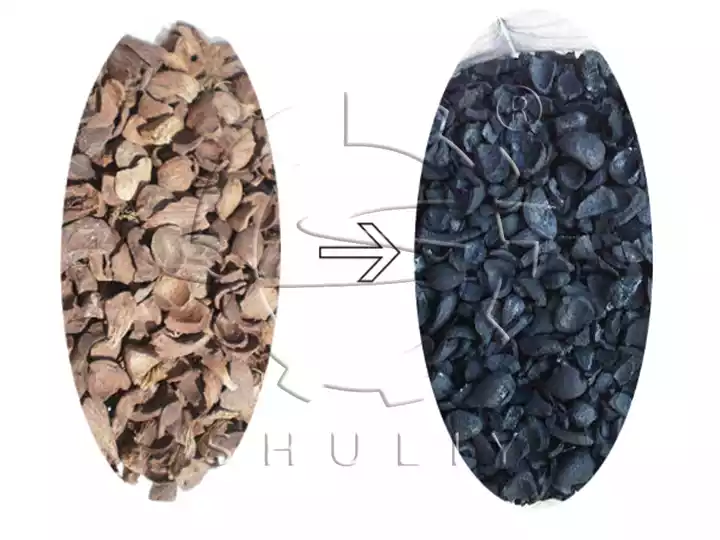
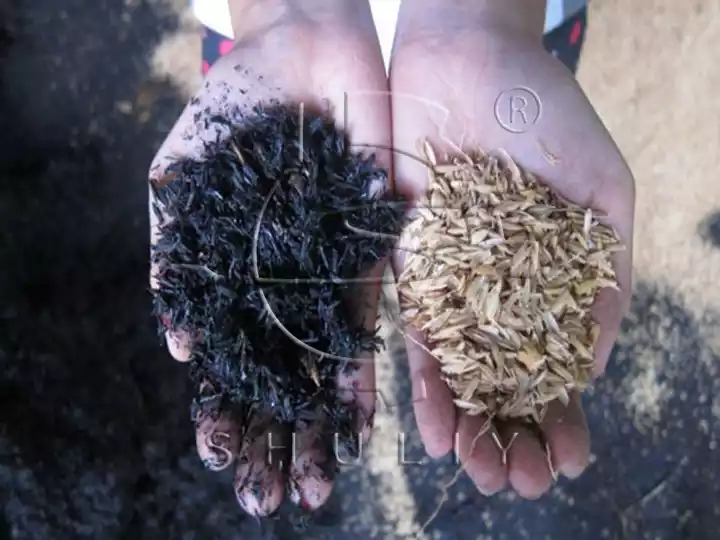
Different application areas
Charcoal is mainly used as fuel. Its main advantages are its high calorific value, stable combustion, easy portability, and storage. It is widely used as fuel in cooking, heating, barbecue, and some industrial production processes.
Biochar can also be used as an energy source mainly used in agriculture. It improves soil structure, and with our continuous charcoal making stove, biomass resources can be converted into stable carbon stored in the soil for a long time, helping to reduce greenhouse gas emissions and combat climate change.
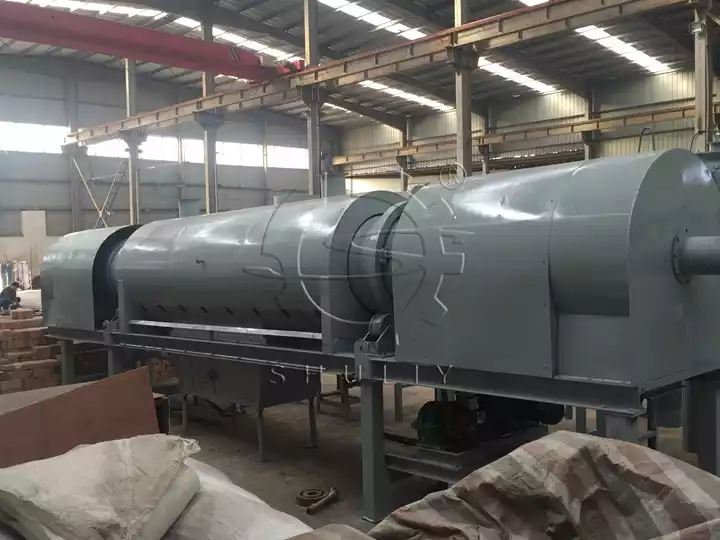
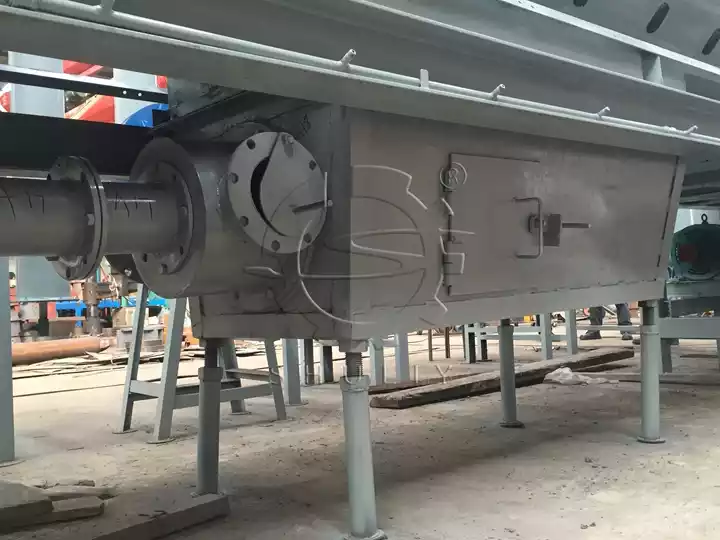
Summary
If your goal is to obtain efficient and convenient fuel, charcoal may be a better choice. But biochar is more advantageous if you are concerned about soil improvement, carbon capture, and agricultural sustainability.
